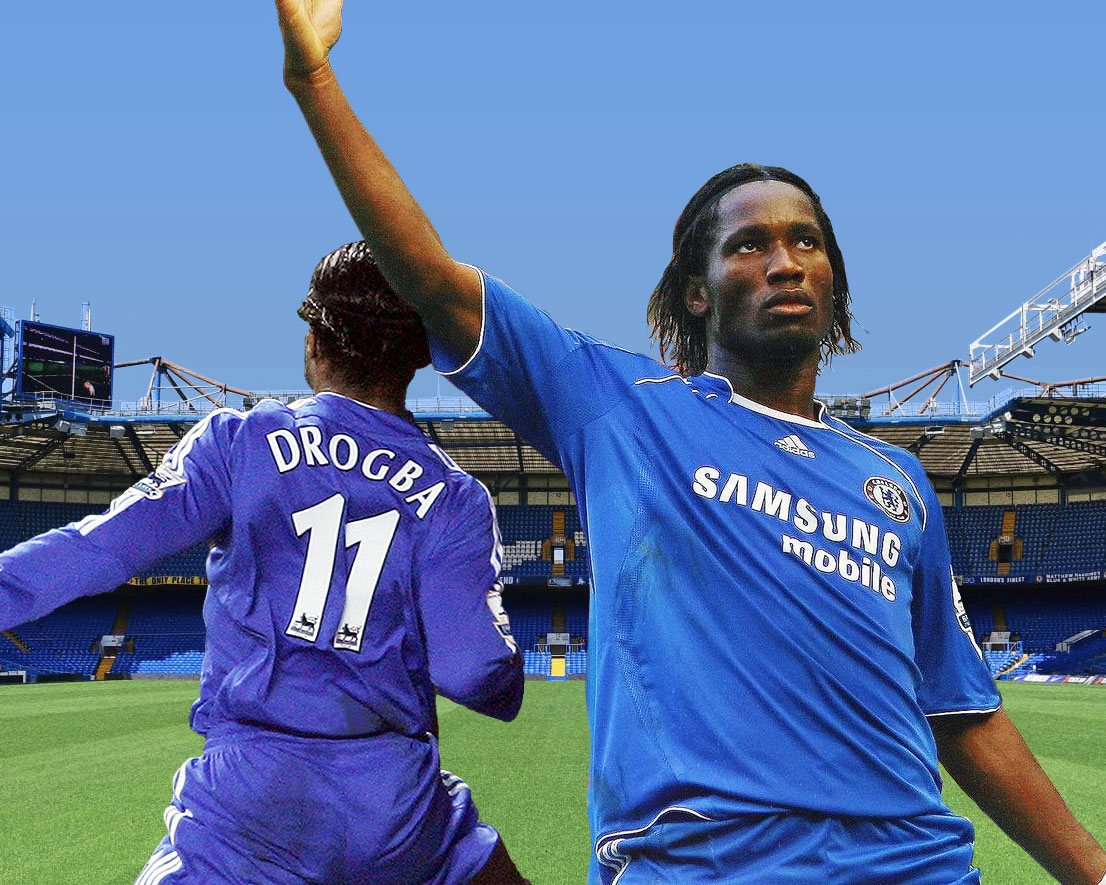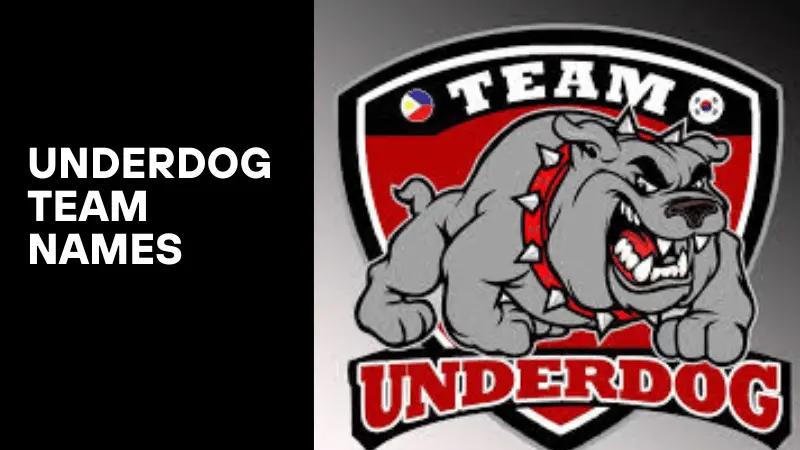Didier Drogba: The Striker Who United a Nation and Ended a War

While most footballers dream of lifting trophies, Didier Drogba once dreamed of something far greater—peace for his war-torn homeland. His unique journey from football stardom to national hero is a testament to the power of sports beyond the pitch.
The rise of a football icon from a nation in turmoil
In the early 2000s, while Didier Drogba was becoming a global football sensation, his homeland, Ivory Coast, was descending into chaos. His rise coincided with one of the darkest periods in Ivorian history—a brutal civil war that tore the country apart along political and ethnic lines.
Growing up between nations – Drogba’s formative years
Born in Abidjan in 1978, Drogba spent much of his youth in France after being sent there at a young age to live with his uncle, a professional footballer. These early years in a foreign country shaped his worldview and instilled in him the discipline that would define his career. Despite his success abroad, Drogba always held a strong connection to Ivory Coast and often spoke of his dream to represent the national team.
Breaking into the spotlight – Club and national stardom
Drogba’s club career exploded during his time at Olympique de Marseille and later at Chelsea, where he became one of the Premier League’s most feared strikers. At the same time, he became a central figure in the Ivorian national team. His performance on the pitch provided a rare moment of unity for Ivorians who had few reasons to celebrate during the ongoing conflict.
Ivory Coast in crisis – A nation on the brink
The Ivorian civil war began in 2002, sparked by political divisions and deep-seated ethnic tensions. The country was effectively split between the government-held south and the rebel-controlled north. With peace negotiations stalling and violence escalating, everyday life became a struggle. Football, particularly the national team’s matches, became one of the few shared experiences left in a fractured nation.
The speech that stopped the war
Against this backdrop of violence and division, a single moment of hope emerged—not from a politician or diplomat, but from a footballer. After securing qualification for the 2006 World Cup, Drogba took a chance that changed his country’s history.
A post-match plea for peace
Inside the dressing room after Ivory Coast’s World Cup qualifying victory over Sudan, Drogba dropped to his knees before a television camera and implored his compatriots to lay down their arms. Surrounded by his teammates, he addressed the nation with a heartfelt message: “Ivorians, from the north, south, center and west, we proved today that all Ivorians can coexist and play together with a shared aim.” His appeal was unprecedented—a raw, emotional plea in front of millions.
The power of platform – Why his words mattered
What made Drogba’s message so powerful wasn’t just his fame; it was his authenticity. He wasn’t speaking as a politician but as a son of the soil, a man loved by Ivorians across all divides. His words resonated far and wide, amplified by media coverage and word of mouth. In a country weary of conflict and political rhetoric, Drogba’s voice cut through the noise. People listened—and, remarkably, they responded.
From football hero to national peacemaker
Just a week after Drogba’s televised message, a ceasefire was announced. While not the sole factor, his intervention was widely credited with influencing the rebel leaders and political factions to return to the negotiating table. Drogba had achieved what months of diplomacy had failed to do—he brought his nation to a moment of unity, if only temporarily. His status evolved from star athlete to national figure of peace.
Legacy beyond the pitch – Drogba’s enduring impact
Even after that pivotal moment, Drogba’s work was far from over. Rather than retreat into the comfort of football fame, he chose to further engage in efforts aimed at healing his country.
Diplomacy through sport – Drogba’s role after the ceasefire
Following the ceasefire, Drogba continued to serve as a bridge between communities and political groups. His visits to rebel-held regions and meetings with leaders were symbolic acts of reconciliation. In 2007, he convinced the government to host a national team match in Bouaké, a rebel stronghold, marking the first major state-backed event there in years. The game ended in celebration, reinforcing football’s potential to unite.
Learn more: Watch Full HD football on Socolive TV channel
The Didier Drogba Foundation – Empowering the next generation
In 2007, Drogba launched the Didier Drogba Foundation, focusing on health and education in Ivory Coast. The foundation has funded the construction of hospitals, provided scholarships, and launched initiatives to support children in underserved regions. These efforts went beyond charity—they were part of Drogba’s vision for a more just and unified society. His goal wasn’t just to stop a war but to prevent the conditions that led to it.
Lessons from Drogba – The power of athletes as leaders
Drogba’s influence proved that athletes can do more than inspire through sport—they can shape history. His story has become a case study in athlete diplomacy, showing how visibility and credibility can be harnessed for the greater good. In an era where footballers are often criticized for being detached from reality, Drogba’s actions remain a powerful counterpoint. His leadership extended far beyond the stadium, influencing real political and social change.
Conclusion
Didier Drogba’s legacy is much greater than goals or trophies. Through courage and compassion, he became a symbol of hope in a time of despair. His story, once told through goals, is now remembered through peace—a reminder that sometimes, a football match can change a nation. And thanks to platforms like XoilacTV, stories like these continue to reach audiences who need to believe in the power of unity.





